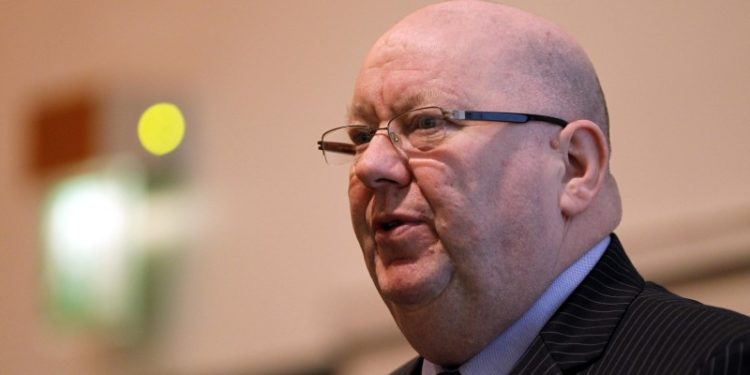Liverpool unveils £1.4bn post-COVID recovery plan
Liverpool has set out a £1.4bn five-year coronavirus recovery plan that could deliver more than 40,000 jobs and apprenticeships.
Commissioned by the Mayor of Liverpool Joe Anderson, the fully costed post-COVID recovery strategy sets out a five-year vision that also underlines Liverpool’s key strategic role as a global gateway in post-Brexit Britain.
With input from 72 political and business leaders, as well as top academics, the detailed 178-page report, which has been submitted to the Government, lays out a masterplan with the authors believe can help Liverpool prevent a socio-economic crisis deeper than the 1980s recession.
The recovery plan, which was co-authored by independent economic consultants Metro Dynamics, is requesting £200m of central government funding for physical construction and more than £267m for apprenticeship and skills training programmes.
Its authors claim the blueprint for growth could deliver 5,600 jobs, provide an additional 12,000 construction jobs and more than 9,700 apprenticeships and is focused on four key themes – innovation, housing, employment and creativity.
Liverpool Mayor Joe Anderson said: “The COVID-19 lockdown has left cities such as Liverpool in a state of economic paralysis and the option of doing two things – wait for events to unfold or take action. Liverpool has acted.
“This recovery plan is a blueprint for a new Liverpool. Forged by ambition and confidence to be innovative in how we create new skills, new homes and new jobs, and it has the weight of the entire city behind it.”
Leading figures from the city’s commercial, legal, financial and cultural sectors who weighed in, include Liverpool FC chief executive Peter Moore, Vice–Chancellor of the University of Liverpool Professor Dame Janet Beer and John Godfrey of Legal & General fund.
Liverpool, which has been resurrecting its economic base for the past 20 years following its dramatic collapse for the preceding 40 years, has been heavily impacted by COVID-19 and Liverpool City Council has moved quickly at the outset of the pandemic to set out a strategy (initially called Operation Greyhound) which ensures recent momentum is not lost.
Before the epidemic struck, Liverpool was averaging £1bn a year in regeneration investment and was steadily establishing itself as a world leading destination for medical research, digital health and life sciences. Its three universities annually educates 70,000 students and the visitor economy of the former European Capital of Culture (2008) has grown to more than £3bn a year.

In a letter to the Prime Minister introducing the plan, Mayor Joe Anderson and Metro Mayor Steve Rotheram jointly set out how the vision aims to underpin this recent growth and address the risk of mass unemployment when the Government’s emergency employment and business support measures are phased out from this autumn.
The report identifies 25 “shovel-ready” projects that underpin the plan. They include a new cruise terminal, a major housing development next to the International Festival Gardens site, the next phase of the city’s health innovation campus at Paddington Village as well as a Science and Tech Innovation Centre as part of the Liverpool John Moores University development at Copperas Hill in the city’s Knowledge Quarter (KQ Liverpool).
Professor Dame Janet Beer added: “We look forward to working with partners across the city to play our part in this plan to ensure our region recovers and reforms as swiftly as possible after the current crisis.
“Historically, Liverpool has shown it has the capacity to adapt economically and socially by deploying the skills of its community to help it flourish in changing circumstances. We face a great challenge, but I am confident that we have the talent and expertise necessary to ensure we emerge from this crisis as a stronger, more connected city.”
